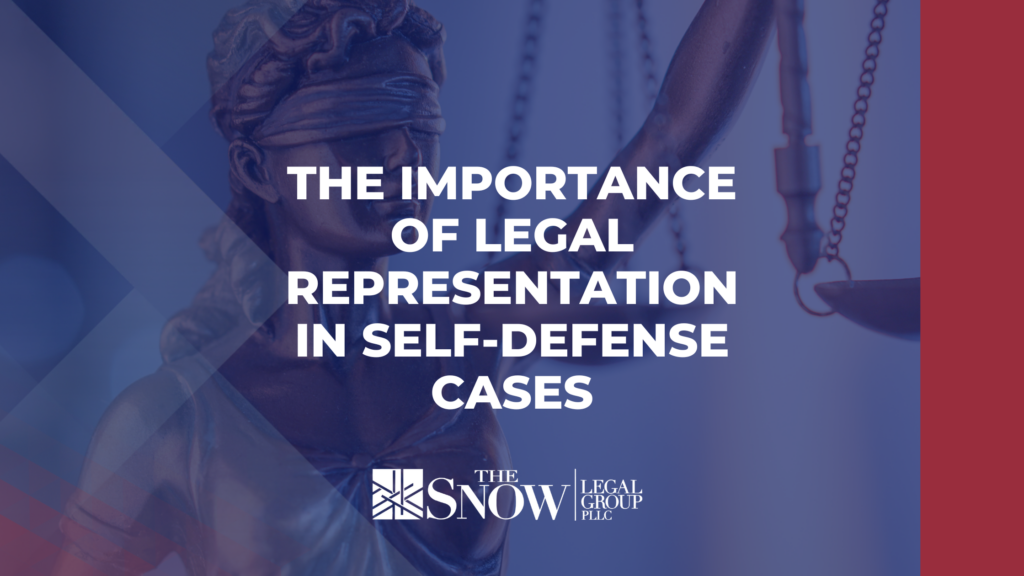
Everyone has something worth fighting for, from assets to physical well-being. When it comes to matters of self-defense, the instinct to protect oneself or loved ones is both natural and justified. However, even in cases where self-defense is the clear motive, the legality behind these actions can be complex and nuanced. Engaging the services of a skilled attorney is not only advisable but also essential to ensure that your rights are upheld and your case is presented effectively and fairly in the legal system.
Understanding Self-Defense Laws
Self-defense laws vary from jurisdiction to jurisdiction, and they encompass a range of principles that dictate when an individual can use force to protect themselves or others. While these laws generally acknowledge the right to defend oneself when faced with imminent harm, the interpretation of these laws can seem subjective. For example, if you believe your life is at risk, taking lethal action to stay alive may feel necessary. In a dangerous situation, how is one supposed to know whether the danger is real until it’s already too late?
In some cases, the legal concept of “duty to retreat” might come into play, which obligates an individual to attempt to escape or avoid a confrontation before resorting to force. About 28 states follow the “stand your ground” principle, allowing individuals to use force without retreating if they believe they face danger. Understanding the specific self-defense laws in your jurisdiction is critical in general, but no matter where you are, you should never assume that the outcome will be in your favor by default.
Challenges of Proving Self-Defense
Even in cases where self-defense seems evident, proving it in a court of law can be challenging. The burden of proof in many scenarios rests on the defendant demonstrating that their actions were in self-defense and that their use of force was reasonable, given the circumstances. The legal system requires a thorough examination of the events leading up to the confrontation, the perceived threat, and the defendant’s response.
Prosecutors often scrutinize self-defense claims to determine if there was a reasonable belief of imminent danger and whether the use of force was proportionate to the threat. This analysis involves assessing factors such as the severity of the perceived threat, the defendant’s available alternatives to using force, and whether the defendant’s actions align with the standards of a reasonable person in the same situation. This almost accusatory line of questioning can be emotionally and mentally draining for the defense, especially after an extremely traumatic event.
Defense After Incident
Even if you firmly believe that your actions were justified in self-defense, navigating the legal process without professional guidance is risky. Although the incident should be reported as soon as possible, it’s equally important to engage an attorney at this time. They can help you understand how the law applies to your situation, what defenses are available, and the potential consequences you might face. When law enforcement arrives on the scene, they may consider it an active crime scene. Anything you say or do around the police can and will be used against you.
Explaining your side of the story to clear your name will be tempting, but it’s not always the wisest route to take. As with any police interaction, always announce that you invoke your right to remain silent and to contact your attorney. Enforcing your constitutional rights is not an admission of guilt. Even if self-defense is established, there might be legal consequences. No matter the circumstances that lead up to this point, seeking legal representation is the best course of action in cases of self-defense. The legal system is intricate and unforgiving, and a misstep can have far-reaching consequences. The team at the Snow Legal Group, PLLC are experienced in criminal defense and will fight to ensure that your rights are upheld. When your freedom, reputation, and future are on the line, having a legal advocate by your side can make all the difference in achieving a just and favorable outcome. Call our office at (704) 358.0026 to schedule a confidential and free initial consultation.